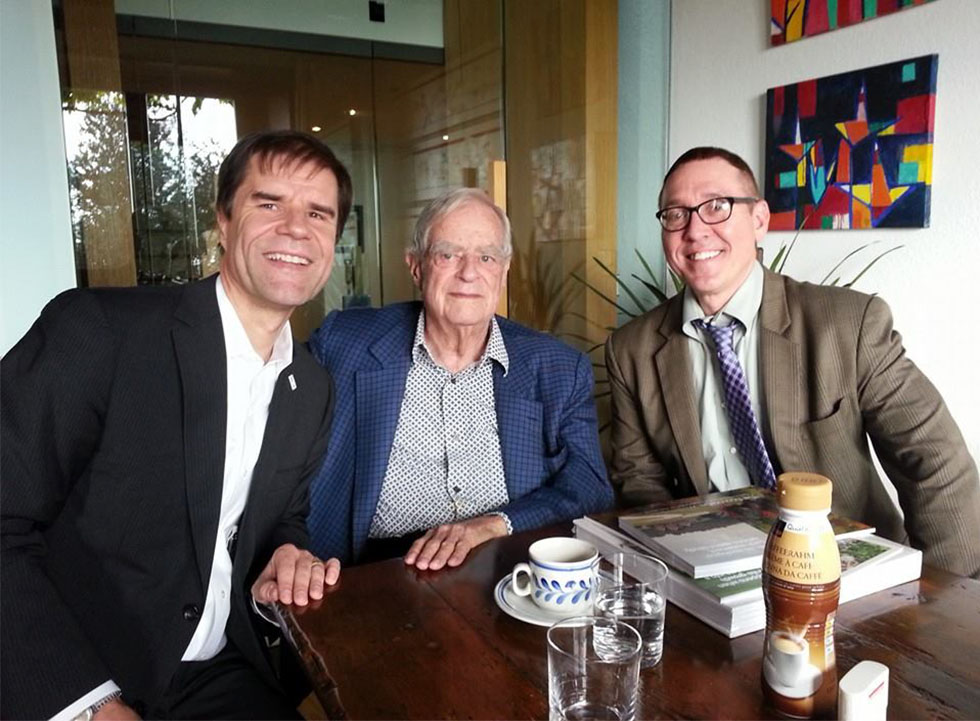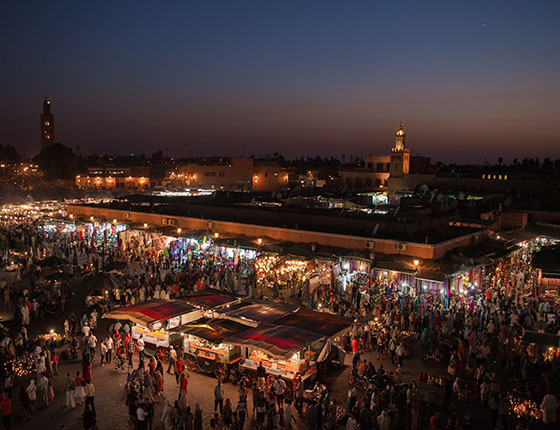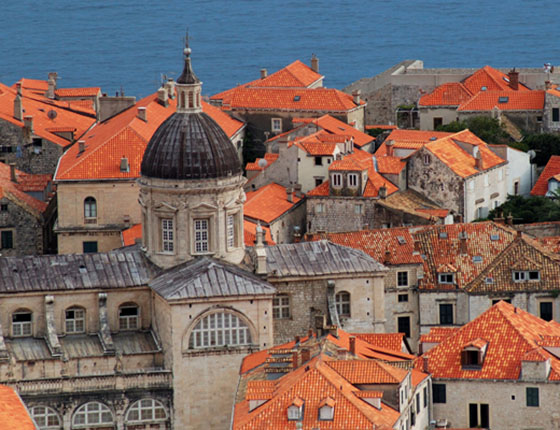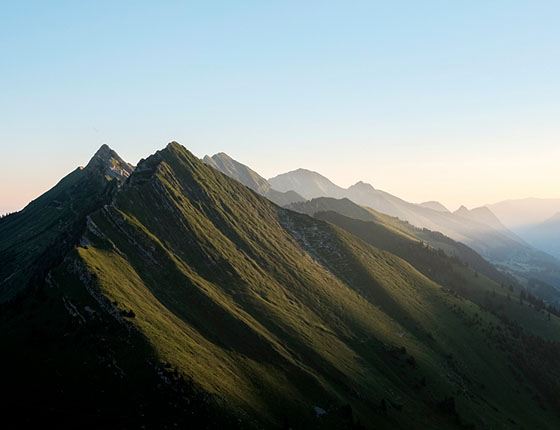On July 21, we lost one of the most effective and yet very quiet giants of the environmental movement, Luc Hoffmann. After a full and transformational life, he passed in one of his dearest places, the Camargue in the South of France, one of the most biodiverse deltas in Europe, which still exists in its splendors largely because of his unrelenting commitment. He was 93 years old.
Luc studied zoology in Basel, Switzerland, during World War II – fascinated by migratory birds, but trapped in Switzerland surrounded by war. Once the war ended, he was the first to follow the calling of those birds, visited their migration route, and realized that they represent the web of life that spans around the globe. His curiosity and willingness to learn directly from nature made him into one of the first and possibly most impactful global conservationists.
He did not hesitate to put his personal assets on the line and show new ways of conservation. His modesty, quiet force, and ability to get things done, his authenticity, kindness and ability to look into the distant future, all were remarkable. He was able to get people together, build communities, and generate results.
Luc spearheaded the Research Institute for the Conservation of Mediterranean Wetlands at Tour du Valat in the Camargue more than 60 years ago, was a key force in establishing and growing World Wildlife Fund for Nature (WWF) and its global network, was instrumental in establishing the Ramsar Convention for the protection of wetlands, helped establish parks in Europe and West Africa, and supported many environmental organizations, including Global Footprint Network.
Always open to fresh ideas, he was one of the first who got intrigued by the idea of mapping the world according to countries who run ecological deficits and those who have ecological reserves [see footprintnetwork.org/maps]. He surprised us by generously supporting the idea of ecological creditors and debtors out of the blue, helping us kick-start this approach to explaining country’s resource security.
While Luc was an incredibly modest giant, I cherish the moments visiting him and asking him about the many amazing projects he had been able to bring to life. The common threads were his trust in people, his bold ideas, and his unwillingness to take credit for any of it.
Largely, he has not left us. His spirit and sense of possibility is living on, and also his concrete legacies and guidance on how to give nature a voice, celebrate its beauty, and make obvious to all of us how much we depend on a healthy nature.
Combined with his deep respect for all affected people, Luc’s profound recognition of the people connection to conservation and of the dedication it takes by communities to sustain results is what made him so remarkable and effective.
I wish I could have thanked him more for what he gave to all of us and to future generations.
I am still striving every day to become as gracious and farsighted as him.
Mathis Wackernagel






